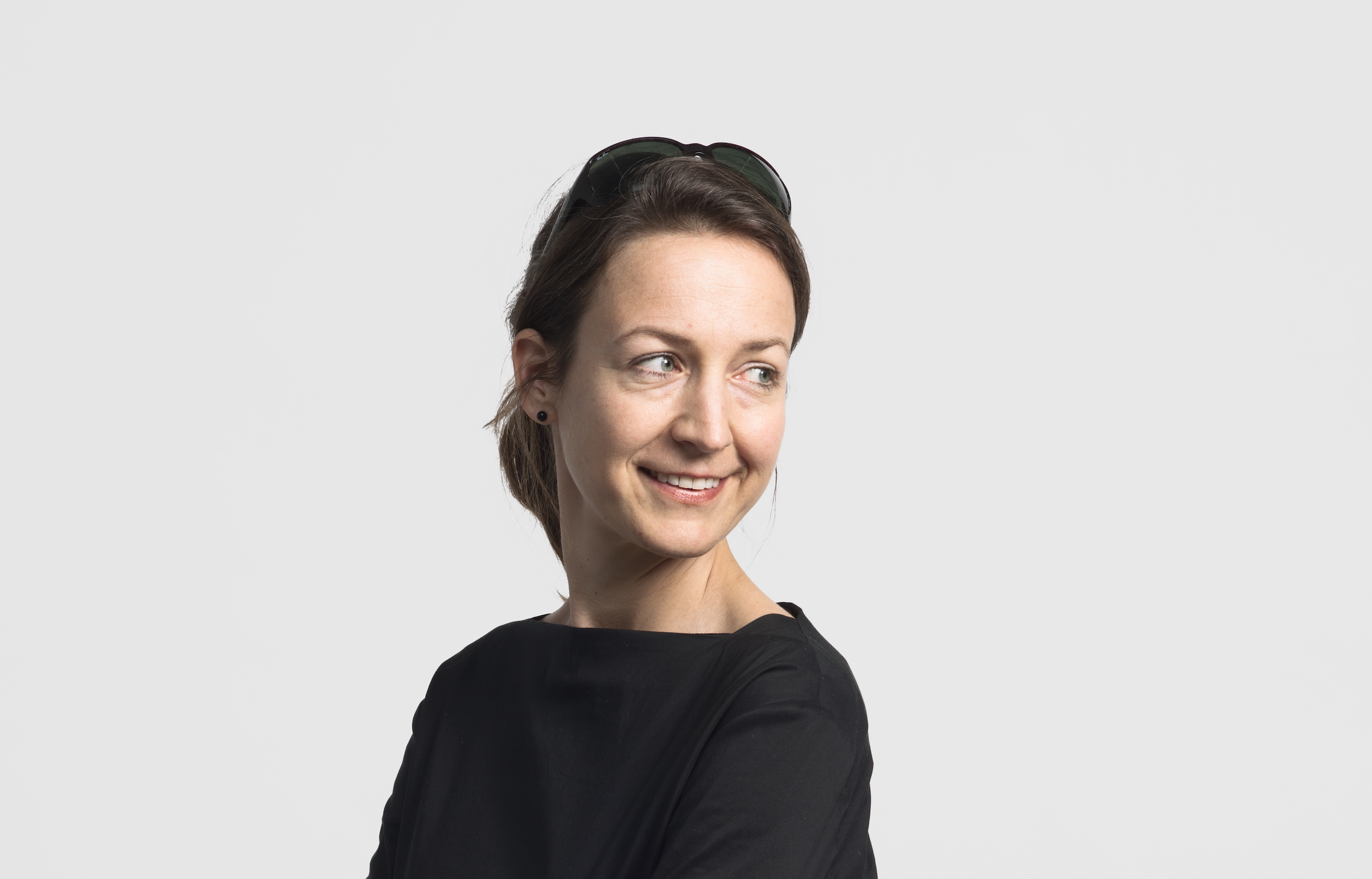Meet the EDAwards25 Jury: Meret Ernst (Switzerland)
January 27, 2025

EDAwards Jury, EDAwards25, Graphic Applications, Switzerland
Meret Ernst is an art historian, educator, and design professional with a distinguished career in design history and criticism. Based in Zurich, she has dedicated her work to bridging academic research and practical engagement in the field of design.
As a Senior Lecturer in Design History and Theory at the FHNW Academy of Art and Design in Basel, Meret plays a key role in shaping future generations of designers and scholars. From 2010 to 2024, she served as Vice President of the Swiss Design Association (SDA), actively contributing to the promotion and recognition of Swiss design.
Meret co-founded the Design History Network in 2019 to advance the study of design history in Switzerland and was instrumental in organizing the 2021 DHS Annual Conference, Memory Full?, which explored the evolving relationship between design and history. She has also contributed to exhibitions and curatorial projects at the Museum für Gestaltung Zürich.
From 2003 to 2021, Meret led the design editorial department at Hochparterre, a Swiss magazine focused on architecture and design. Her extensive jury experience, alongside her involvement with the Swiss Design Network, underscores her deep engagement with contemporary design discourse.
Q: What makes the European Design Awards special to you?
A: For me, the European Design Awards offer something far more significant than simply identifying the “best of the best” — an often elusive and subjective pursuit. The actual value lies in being part of a broader, high-level conversation about the evolving landscape of design within a specific time and cultural context. Jury sessions provide a unique platform to engage with thought-provoking questions: What are the current challenges facing this complex profession? How can design contribute to a more just and sustainable future? What role can design play in addressing the multiple crises confronting society? These discussions are at the core of evaluating design today, and I am confident they will lead to meaningful insights. The fact that this takes place on a European level makes the European Design Awards particularly significant to me.
Q: What excites you most about European design today?
A: Design, both as a noun and a verb, is inherently reflective of the context in which it arises and the society in which it operates. What we might call “European design” embodies a rich, multifaceted heritage. However, I believe the notion of “European design” cannot — and should not — be narrowly defined. Design transcends borders, and this principle is crucial in understanding its impact. In its many forms, European design reflects diverse responses to issues of identity and belonging across different cultures. Instead of trying to define what is “essentially” European, it is more valuable to recognize how design, as a global practice, evolves in response to various societal challenges.
Q: Is there a particular trend or approach in design that you think represents the future of creativity in Europe?
A: Design today is shaped by complex global challenges such as AI, deindustrialisation, climate change, social unrest, and political instability. These issues provide both the context and the impetus for creative solutions that can have a lasting impact on society. As a curator and long-time educator in design, I see a growing emphasis among design students on using the discipline as a tool to tackle social and environmental issues. If there is a trend, it is the increasing awareness of design’s responsibility in a capitalist society. Designers are increasingly viewing their work as a speculative tool that can address and shape solutions for sustainability, social equity, and community engagement.
Q: What advice would you give to designers aspiring to stand out in a competition like the European Design Awards?
A: My advice is simple: Reflect on your being a designer and why this is dear to you. Review your portfolio. Enter your most daring projects. Know that any jury verdict is contingent. Try to be part of the conversation.